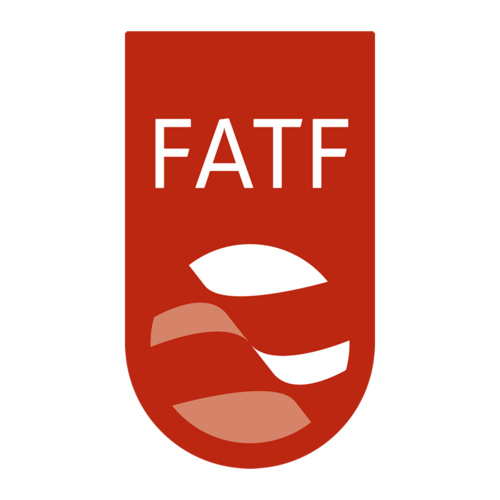The FATF and the virus - some 'best practice' for banks and regulators
Chris Hamblin, Editor, London, 11 May 2020

The Financial Action Task Force, the world's anti-money-laundering/AML standard-setter, has published a paper in response to the unprecedented and rapidly evolving public health crisis that is sweeping the globe. Its findings on the subject are likely to evolve as the crisis deepens.
The FATF has found that the increase in crimes related to the virus, such as fraud, cyber-crime and the misdirection or exploitation of funds belonging to governments and funds that they want to send abroad to help foreigners, is creating new sources of proceeds for criminals.
How is the virus affecting criminals?
Steps that governments are taking to contain the infection (lockdowns, restrictions on transport etc) are having their effect on the earnings of criminals and changing their behaviour, forcing them to turn to fresh forms of illegal conduct. According to Europol, a close ally of the FATF's, governmental actions against the spread of the virus are changing the behaviour of criminals by causing:
- immobility;
- a spike in home teleworking;
- fears for the future among people which might make them vulnerable to hoaxes such as adapted versions of telephone frauds, supply scams and decontamination scams;
- a high demand for certain goods such as protective gear and pharmaceutical products; and
- a decrease in the supply of illegal drugs.
How is the virus affecting the authorities?
The pandemic is also hampering efforts by governments and banks to fight money launderers and terrorist financiers. Regulators cannot always regulate, supervise or co-operate with overseas regulators and most are placing "policy reform" (the FATF's phrase for changes to rules, which involve the gathering of information and consultation), while banks are finding it harder to send off the right suspicious transaction reports and international co-operation.
What are the criminals doing?
The FATF fears that (but displays an alarming lack of knowledge of whether) these problems are resulting in:
- criminals finding ways to bypass "know your customer" controls;
- more and more people misusing online financial services and virtual assets to move and conceal dirty money;
- the exploitation of "economic stimulus measures" (the collossal handouts that governments are giving to firms large and small, the self-employed and the working population) to conceal and launder dirty money;
- a stepping-up of the use of the unregulated financial sector - something that one might think counter-intuitive in an age when banks are struggling to keep their AML controls in good order;
- the misuse and misappropriation of something that the FATF calls "domestic and international financial aid and emergency funding";
- criminals and terrorists moving into new cash-intensive and highly 'liquid' lines of business in poor countries.
Europol gives one example of a typical fraud in the age of the virus. One of its investigations centred on the transfer of €6.6 million by a European company to a company in Singapore in order to purchase alcohol gels and FFP3/2 masks. The goods were never received.












